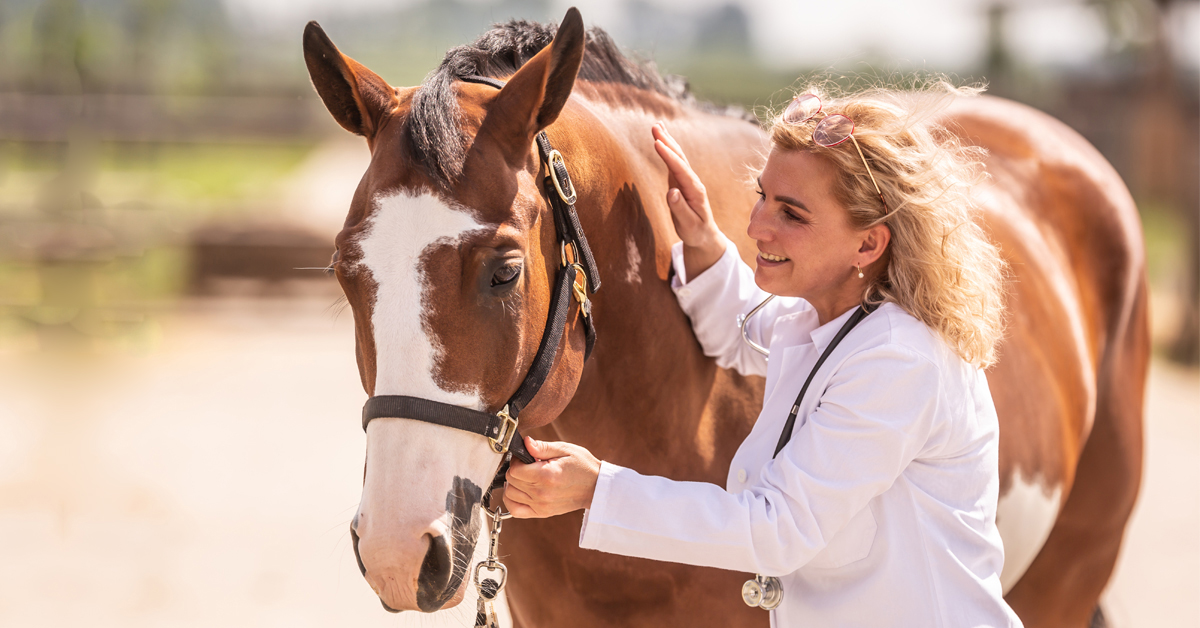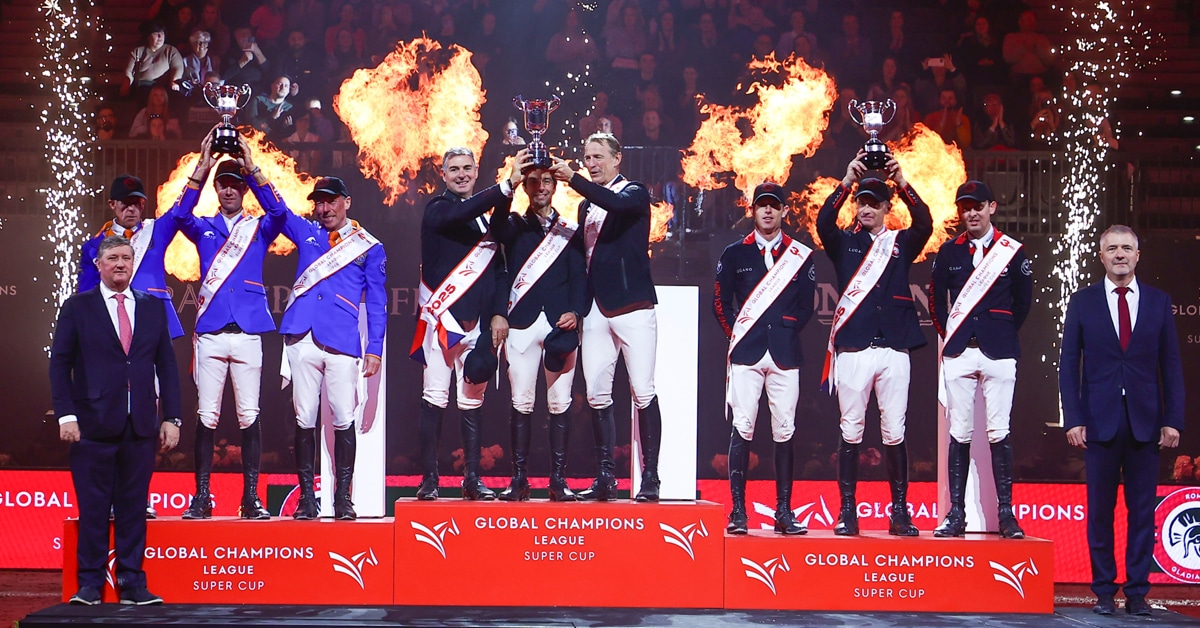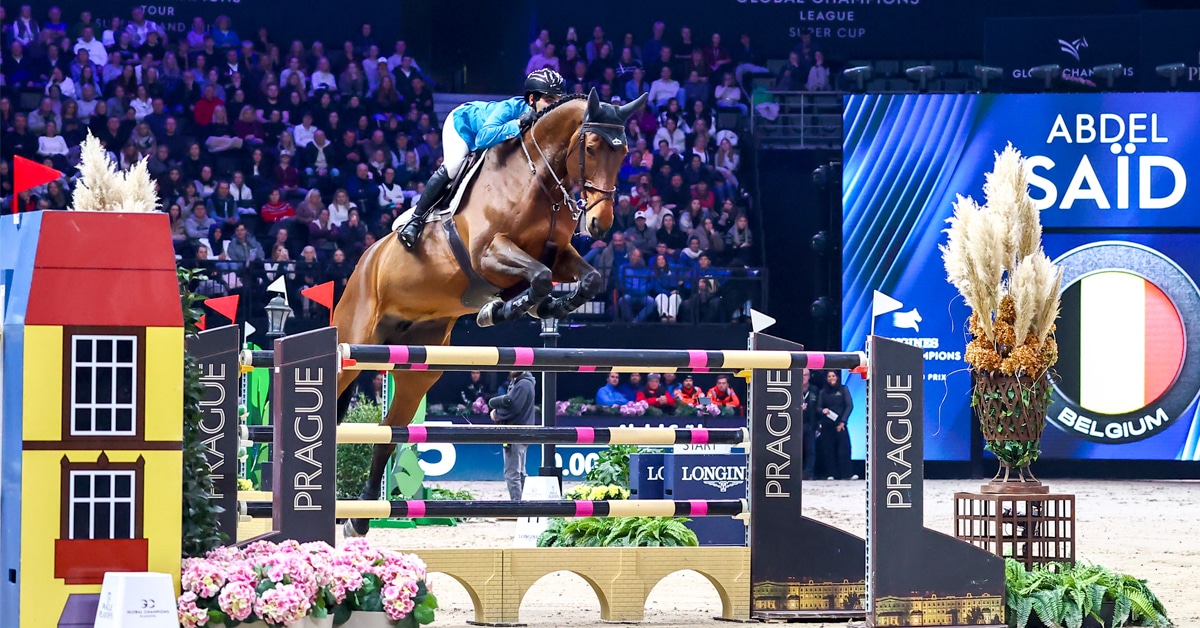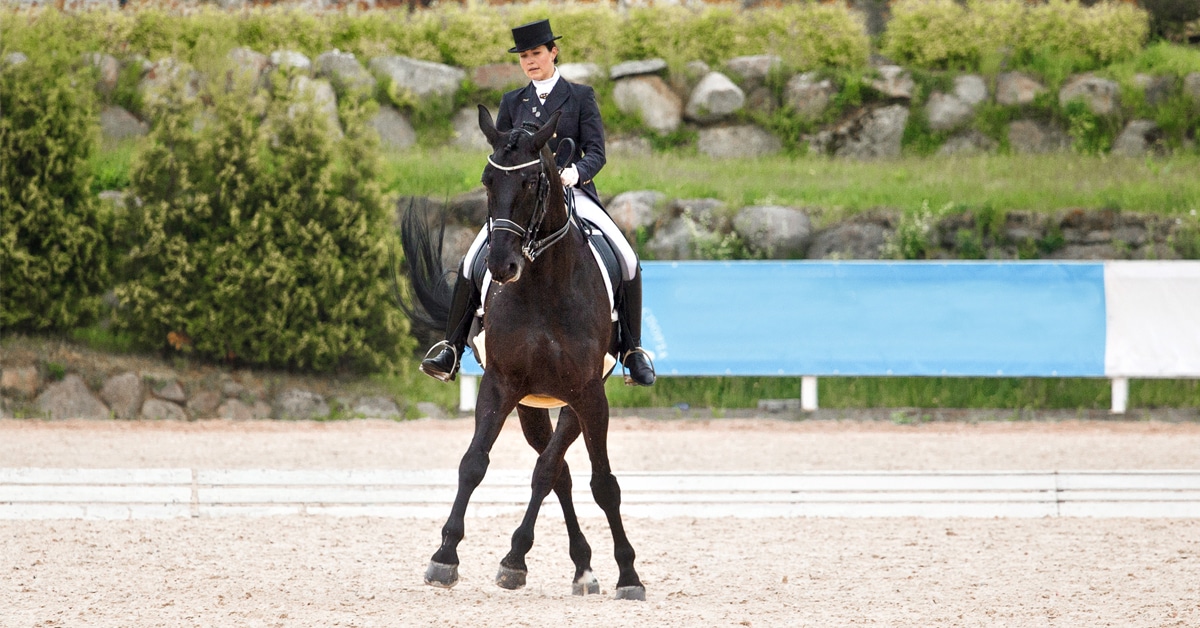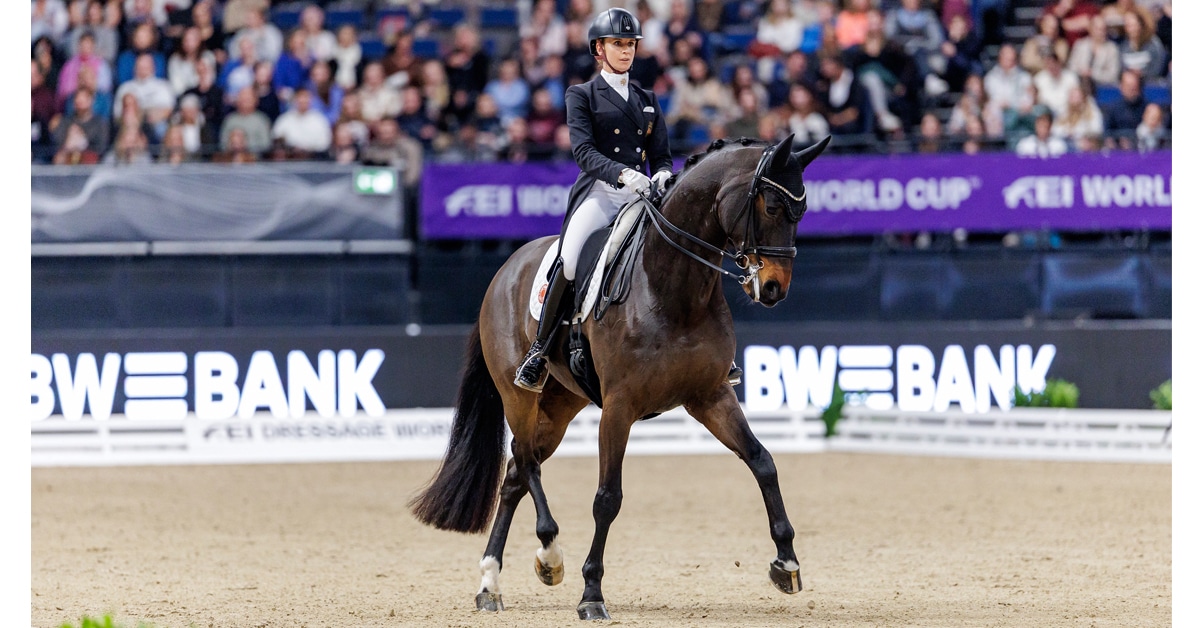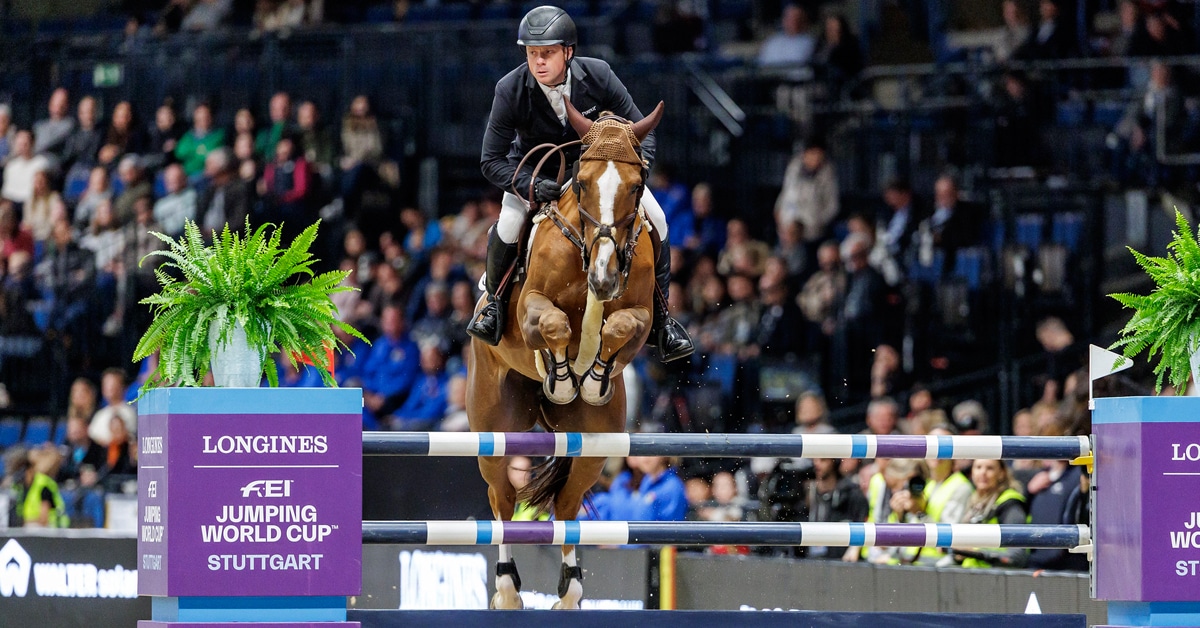The EEF is delighted to announce it has created a sustainability working group to develop a new strategy for sustainable practice within our member federations and the wider European equine area.
The working group is made up of three leading sustainability experts in Amanda Curtis, who has over 20 years of experience working in environmental management, across retail, sport and events which includes the London 2012 Olympics alongside other major sports strategies such as the ATP; Iris Huisman, an environmental researcher from the University of Wageningen, who also holds qualifications in equine science, and Nadia Kolodchenko who holds great experience in applying sustainability strategy within organisations and takes the role as project manager. They are joined by representatives from equestrian national federations Benedetta Pecini, Italy, Marcus Lundholm, Sweden and Zuzana Baciak-Masarykova, Slovakia, who provide detailed insight into the equine industry from differing European perspectives. Finally joining the group is Frank Kemperman, who provides excellent understanding from the events side as CEO of CHIO Aachen, alongside EEF representation from President Theo Ploegmakers, Secretary-General Carina Mayer and Communications manager Alice Ward.
Research has clearly shown that the next 10 years is a vital period for the planet’s long-term future and considerable work is required to reduce carbon emissions to ultimately lower the rate of rising temperatures. This responsibility has been taken on by governments through the Paris Agreement, but the EEF believe it is necessary that all organisations, and individuals, take responsibility for their role in climate change and work towards a more sustainable future. The EEF aims to align and support global industry commitments such as the UN Sports for Climate Action, of which the FEI is a signatory, that aims to educate, advocate for, and crucially reduce carbon emissions by 50% by 2030.
The EEF working group will be tasked to provide a review of the current situation within European equestrianism, identify the key areas of change that can be made, and build a strategy for use by EEF members to create tangible results.
EEF President Theo Ploegmakers said; “The need to invest time and focus on sustainability has never been more important. Research shows that we are in a critical period to make changes and reduce carbon emissions to protect our world for the future. This responsibility falls on all of us, and as active members of society and leaders within our industry it is vitally important that the EEF is identifying ways to contribute to a more sustainable future”
Nadia Kolodchenko, EEF sustainability project manager said; “We have created an experienced and diverse group to tackle this issue and identify where the key changes are made. Horses, and horse sport, are a central part of European culture, and it is our job to ensure we continue developing the sport and wider industry within the realms of the changing environment”
Amanda Curtis, strategic sustainability expert added; “Sport is not immune to the climate problem and it’s exciting to see the EEF take initiative to make changes, and improve the long-term viability not only of the sport, but also the world we live in. In addition, we know the positive influence that sport, and the athletes within the sport, has on wider society so this work can create a movement that sees more individuals make sustainable choices from the grassroots level up”
European Equestrian Federation
Founded in 2009, the European Equestrian Federation (EEF) is the representative body for the European based National equestrian Federations. Working closely with the Federation Internationale Equestre (FEI) and the National Federations, the EEF works to maximize the potential and development of equestrianism throughout the continent. The EEF is committed to promoting the sport equestrianism and its good practices, developing the sport across Europe, and providing leadership for a collective European voice in the sport.
More News
